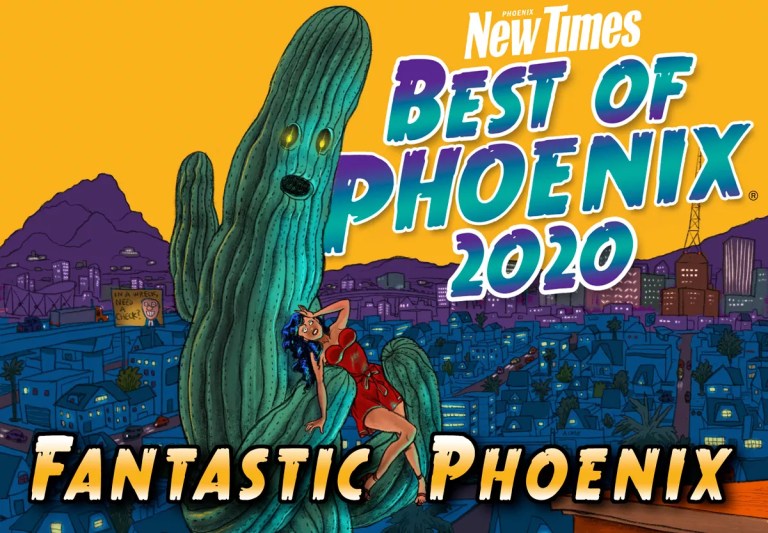Best Public Information Officer
Jennifer Liewer
You may not realize it, but much of the news you hear starts with a PIO. These are the bureaucrats and assistants of elected officials who are paid to try to answer the annoying questions of reporters without pissing off their government bosses, the public, or both. It’s a delicate balance that Jennifer Liewer of the Maricopa County Attorney’s Office has handled well for many years. Her résumé is a tour of state government, with experience in Phoenix, Glendale, the Arizona Supreme Court, the Department of Education, Tempe Union High School District, and now the MCAO. Liewer seems to genuinely care about keeping the public informed, takes pains to return a message, and can make a reporter feel like she’s trying her best when the info spigot shuts off. The latter point is important in her current job in the highly political prosecutor’s office, where sooner or later, the bad stuff hits the fan. If Allister Adel survives her challenge in the general election and retains Liewer, the public can be confident they’re getting the most information they can from the office.

